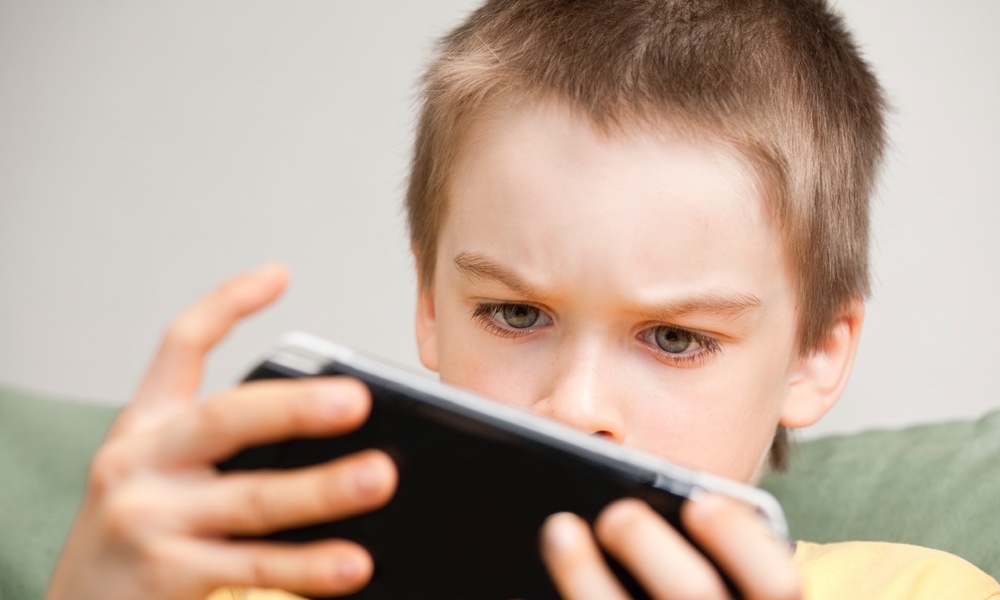Eating habits can be contagious, so you might want to be picky about what your dining companions are eating. For better or worse, those you share meals with can have an influence on your own food choices, a study finds.
The people in our social network tend to influence a lot of decisions we make, food choices included. In social situations, we tend to eat foods that are as healthy — or unhealthy — as the foods selected by people that we’re sharing a meal with. If everyone is ordering dessert, chances are you will, too. This is how poor nutrition and unhealthy weight can be encouraged and spread via our social network.
A Massachusetts General Hospital study looked at how hospital coworkers influenced each others’ food choices. It tracked the food purchases of over 6,000 employees for two years by analyzing the food purchases recorded on the employee ID cards that workers used to pay for meals at the seven hospital cafeterias.When people who were socially connected to each other ate together, their food choices tended to be more alike than different.
Researchers made assumptions about an employee’s social network by studying how close together in time two people purchased meals and how often two people ate together over several weeks. They also interviewed more than 1,000 employees to confirm who frequently ate together.
Three million instances between two employees who ate together were studied. When people who were socially connected to each other ate together, their food choices tended to be more alike than different.
People who ate healthy food were likely to influence their coworker to also choose healthy food, but the opposite was also true. The association was somewhat stronger for healthy foods as opposed to unhealthy foods.
Peer pressure could explain this discovery. People may overtly or indirectly give each other permission to choose healthy foods or embolden them to choose unhealthy foods.
The idea of social influences on food choices may have an important role in public health. Interventions aimed at one group could have a broader impact as people influence those they are socially connected with.
As the pandemic ends and people return to the workplace, there is an opportunity to eat together in a more healthful way, explained researcher, Mark Pachucki, of the University of Massachusetts, Amherst. Better eating habits may benefit not only you, but also your coworkers.
The study is published in Nature Human Behavior.





